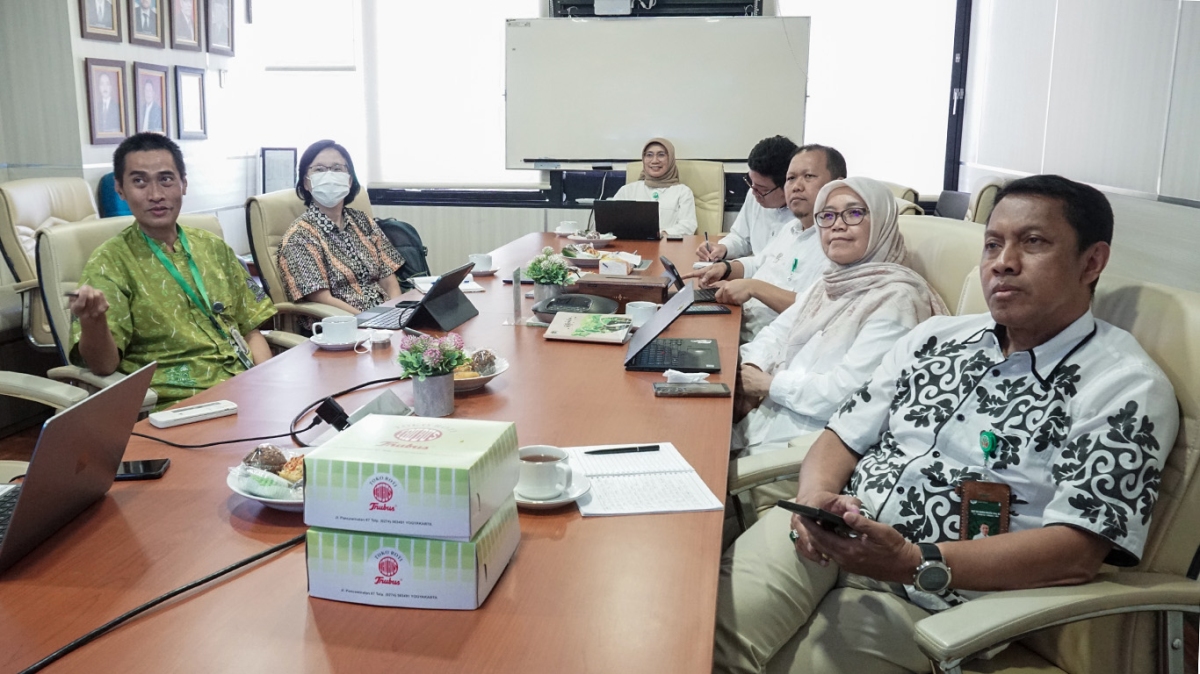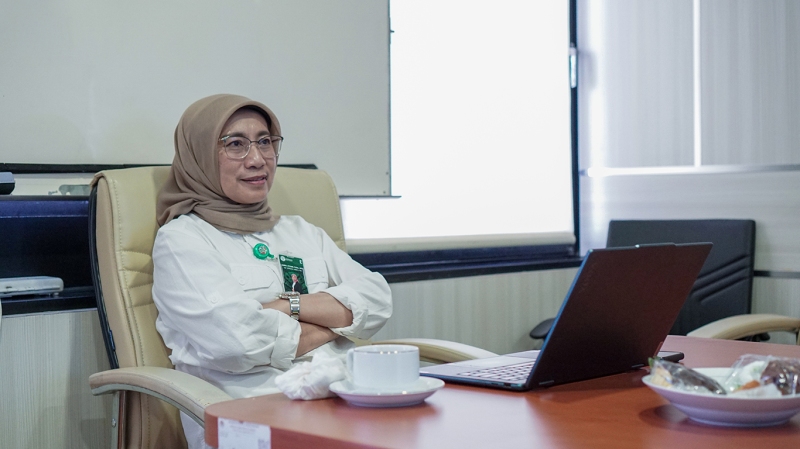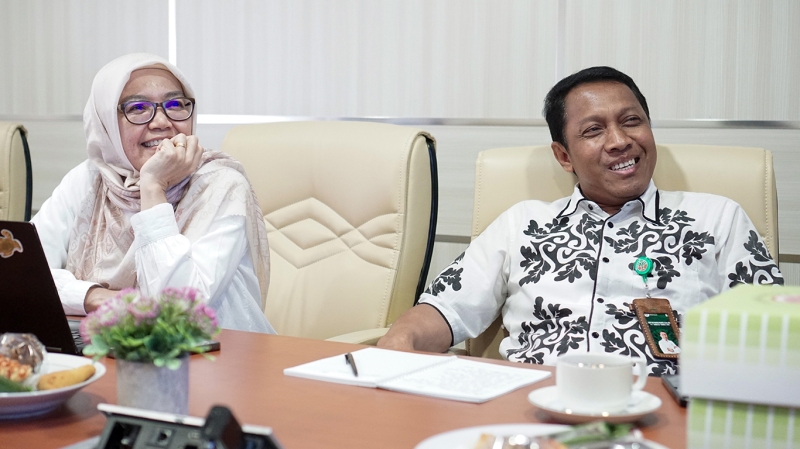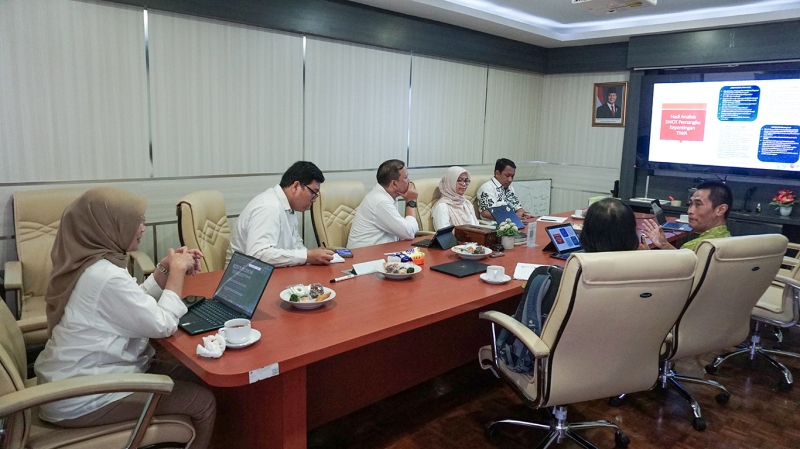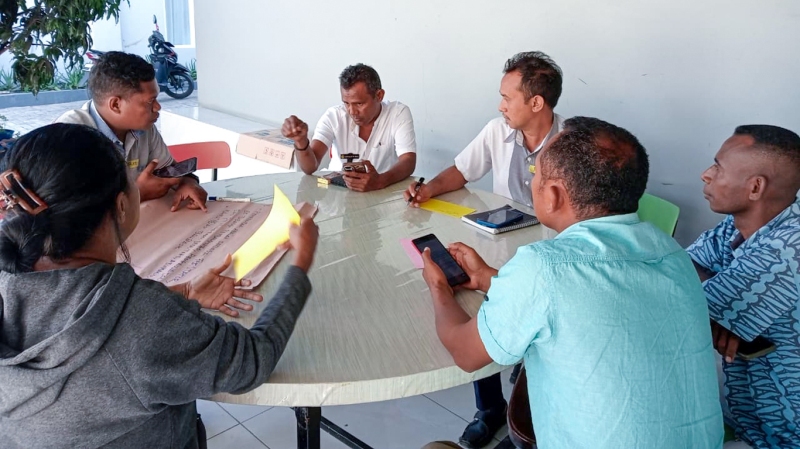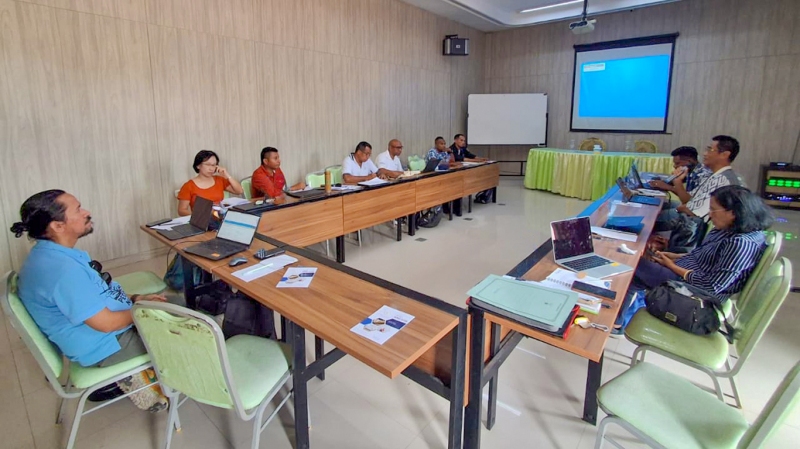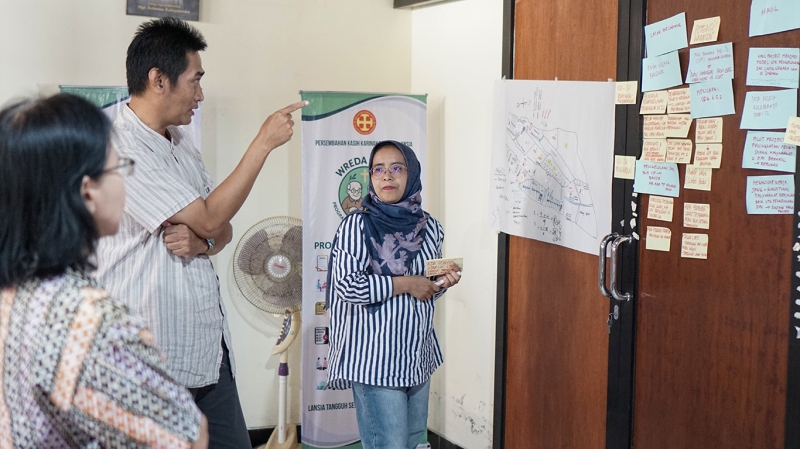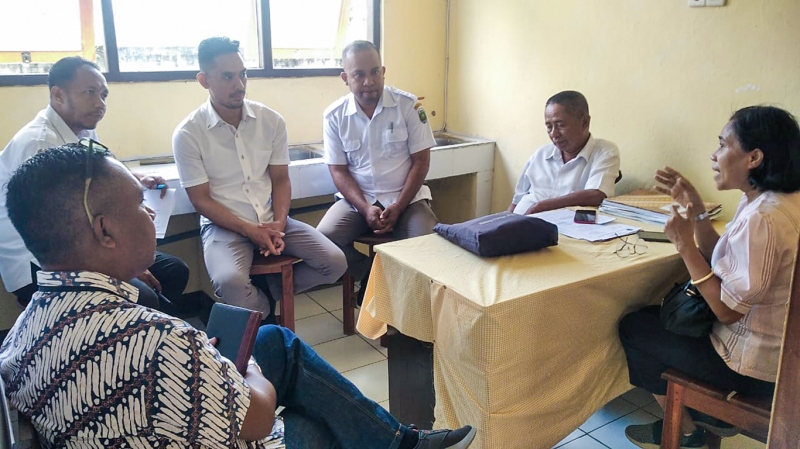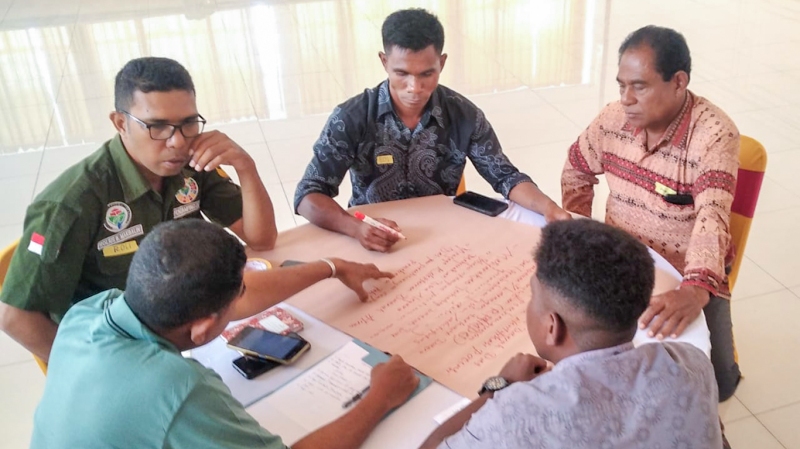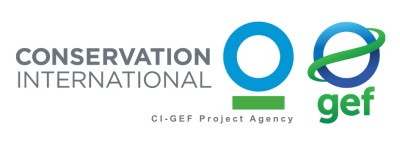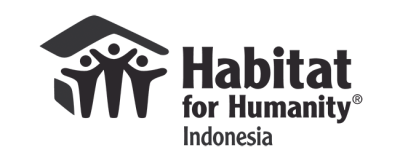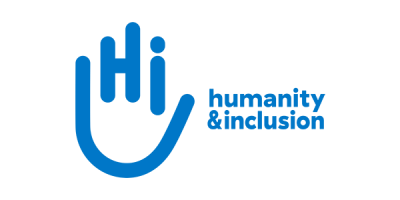Directorate of PEPDAS Appreciates the Results of Mapping and Stakeholder Analysis of the MITLTW-TIWA Project
Jakarta, 4 November 2025 — Inovasi Tangguh Indonesia (InTI) presented the results of the MITLTW-TIWA Project Stakeholder Mapping and Analysis to the Directorate of Watershed Management Planning and Evaluation (PEPDAS), Directorate General of Watershed Management and Forest Rehabilitation (PDASRH), Ministry of Forestry of the Republic of Indonesia.
This meeting is a strategic step to strengthen the focus of the implementation of the Management of Indonesian and Timor-Leste Transboundary Watersheds (MITLTW) or Timor Island Watersheds (TIWA) Project facilitated by Conservation International (CI) and the Global Environment Facility (GEF), especially in preparation for the formulation of the Joint Working Group on Transboundary Watershed Management and Community Task Force on the Indonesian side. A similar assessment is currently being carried out by the Conservation International Timor-Leste on behalf of Timor-Leste. Afterwards, the Joint Working Group on Transboundary Watershed Management will have only one body that includes all stakeholders in the 2 countries.
In the meeting, the InTI team presented the results of a comprehensive analysis conducted in Indonesia. This analysis maps the key stakeholders from the national, provincial, district, and village levels whose role is significant in the management of the Talau-Loes and Mota Masin cross-border watersheds. The results of this analysis are an important basis for the establishment of the above multi-stakeholder collaboration platform for the management of cross-border watersheds, which will strengthen collaborative water resource management between Indonesia and Timor-Leste in order to achieve Sustainable Development Goal 6.5.2.
This meeting strengthened the synergy between InTI and the Ministry of Forestry in ensuring that the results of the analysis can be used as an official reference in the formation of transboundary institutions. Through appreciation and constructive inputs from the Directorate of PEPDAS, this step is an important step towards adaptive, inclusive, and sustainable cross-border watershed management.
"The results of InIT's work are very helpful for us to accelerate the formation of transbpundary institutions. This is clear evidence of the contribution of the MITLTW-TIWA program in bridging collaboration between the two countries to protect water, forests, and life in border areas," concluded the Director of Watershed Management Planning and Evaluation, Nurul Iftitah, S.Hut., M.Si.
The Directorate of PEPDAS expressed its high appreciation for the mapping results. This Stakeholder Mapping and Analysis Report has been reviewed and it is verified that the results can be used as a reference in the formation of the Joint Working Group on the management of the Indonesian and Timor-Leste Transboundary Watersheds in the future.
The Directorate of PEPDAS considers that the analysis prepared by InTI is not only comprehensive, but also in line with the need to increase institutional capacity and governance of watershed management across the borders of Indonesia and Timor-Leste. PEPDAS also provided a number of strategic inputs, including the involvement of other relevant stakeholders such as the National Disaster Management Agency (BNPB). BNPB is considered a relevant stakeholder because it is currently paying attention to watershed area management approaches in an effort to build community resilience to disaster risks in watershed areas. BNPB has also asked for Directorate of PEPDAS analysis when they plan to conduct reforestation in 5 watershed areas in Indonesia. It is not impossible that BNPB can be encouraged to foster Disaster Resilient Villages in Transboundary Watershed areas of Indonesia and Timor-Leste in the future to strengthen their resilience to the disasters and climate change risks.
In addition to appreciation for the quality of the analysis, the Directorate of PEPDAS also emphasized the importance of synchronizing the pace of project management between Indonesia and Timor-Leste, both in terms of schedule, methods, and data collection.
"We must keep the two countries in tune. Because the success of this project is not only assessed from the technical side, but also from the extent to which the harmony of movement and the results can be achieved together," said the Head of the Sub-Directorate of Planning and Watershed Management of PDASRH, Catur Basuki Setyawan, S.Si., M.Eng.
The issue of data gap is a special concern that must be paid attention to by the Working Group on Transboundary Watershed Management in the future. The Directorate of PEPDAS highlighted the importance of integrating watershed, social, economic, and institutional biophysical data in the study of Transboundary Diagnostic Analysis (TDA) and in the preparation of the Strategic Action Program (SAP) in the future. (InTI)
